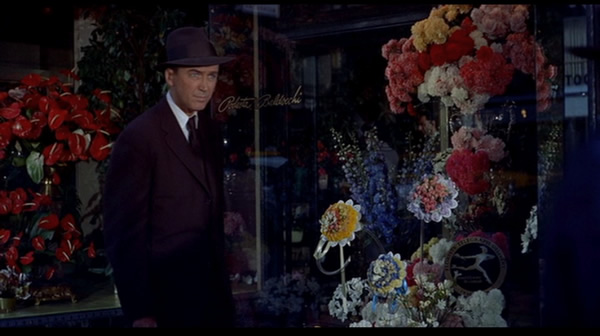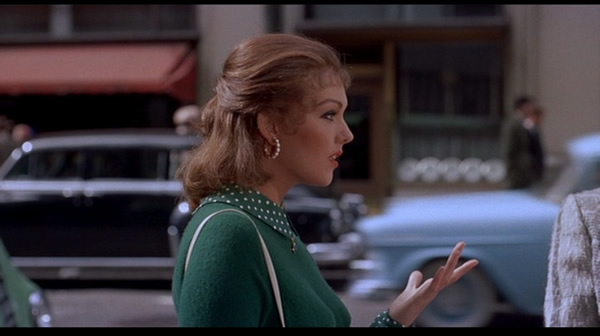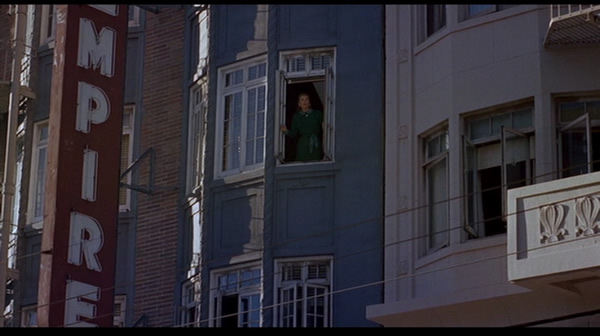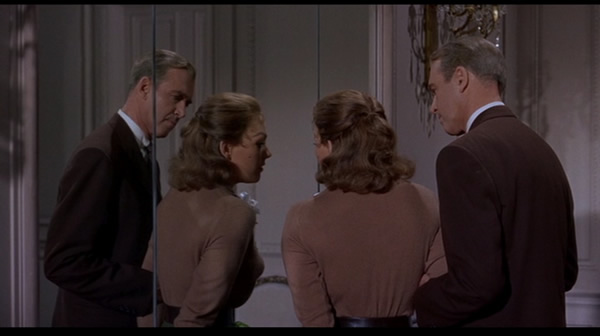Judy's own Search


Judy too is searching for completion through a dream. She wants to be loved and find her second half in her lover, much as Scotty looks to find his completion through rescuing Madeleine. Just as when we first see Madeleine, we also stare at Judy’s profile ("The Nightmare and the Dawn"-when Scotty first sees Judy) suggesting a half completion, a desire to be filled by the half of Scotty. Instead of imposing her will on a living being though, she tries to adapt the Carlotta/Madeleine personality as her own. Spoto says, “Carlotta and Madeleine seem to have become the embodiment of Judy’s own fantasies: the desire to be loved by a rich, handsome, respectable man” (291). The problem with her attempt at wholeness though is that neither Carlotta nor Madeleine actually exist, which leaves Judy chasing an invisible dream, leading her further and further from the real world.

Judy must sense this void as she tries love with Scotty again. “At this point, we begin to see that Vertigo is as much the tragedy of a lost and exploited woman as it is the bizarre story of an abused man (who in any case survives, while the poor woman is forever lost)” (Spoto 291). Judy knows what she’s getting into when she restarts her relationship with Scotty, and is willing to do anything for his love, including annihilating her own being. ("The Letter"-the hope of the music parallels Judy's hope for this possibility of love) Because of this sacrifice, critics have assigned Judy her own type of vertigo, a longing and fascination with death, which could possibly equal Scotty’s.
